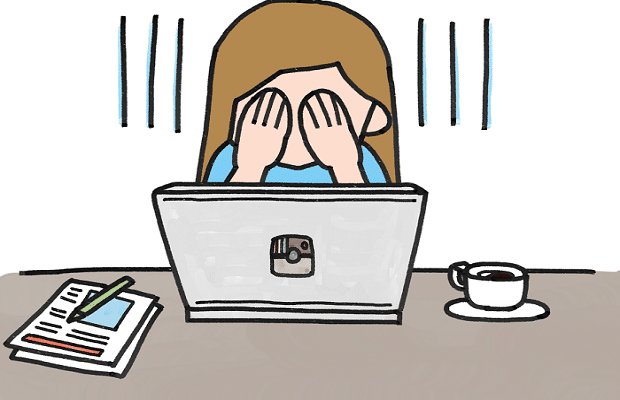
The study, from e-days, has revealed that the first week of February, the worst peak for unexpected staff absence, after surveying absence data from more than 1,000 companies from 2019.
Tuesdays saw the most unplanned leave (71,037), with Friday the day where staff are least likely to be absent (63,451).
January and February saw the most unplanned leave with 34% and 32% respectively versus other months. July and December showed the least unplanned absence with 17% and 15% respectively.
By profession, the tech industry has the highest unplanned absence rates, at 3.9 percent, compared to the transport industry which had the lowest figure at 1.7 percent. Simultaneously, the tech industry also has one of the lowest average holiday entitlements, at 28.8 days annually.
“In the worst month for staff absenteeism, it’s really important that managers and HRs are aware of the trends in sickness amongst the workforce, so they can plan and manage resources accordingly, or launch initiatives to correct certain patterns,” said Steve Arnold, CEO of e-days. “We speak to many global organisations and it’s amazing how many aren’t aware of the level of groupwide or individual absenteeism, when if they could see repeat issues, they could act to engage with staff, and help them, as well as boost company productivity.”
e-days data from 2019 showed that the first half of the year was the worse for with unplanned absence on a decline from April onwards.

“These winter months are difficult for leaders to manage with the amount of viruses in circulation, but also from a morale point of view,” added Arnold. “Some people or teams or sectors are more affected by these factors and it’s up to companies to recognise weak spots and put corrective measures in place to help their teams. This starts with having the absence intelligence to hand.”
e-days has created a Workplace Wellbeing Guide to tackle some of the issues relating to staff sickness and unplanned leave, and help businesses to identify the underlying causes of stress, anxiety and unhappiness.
